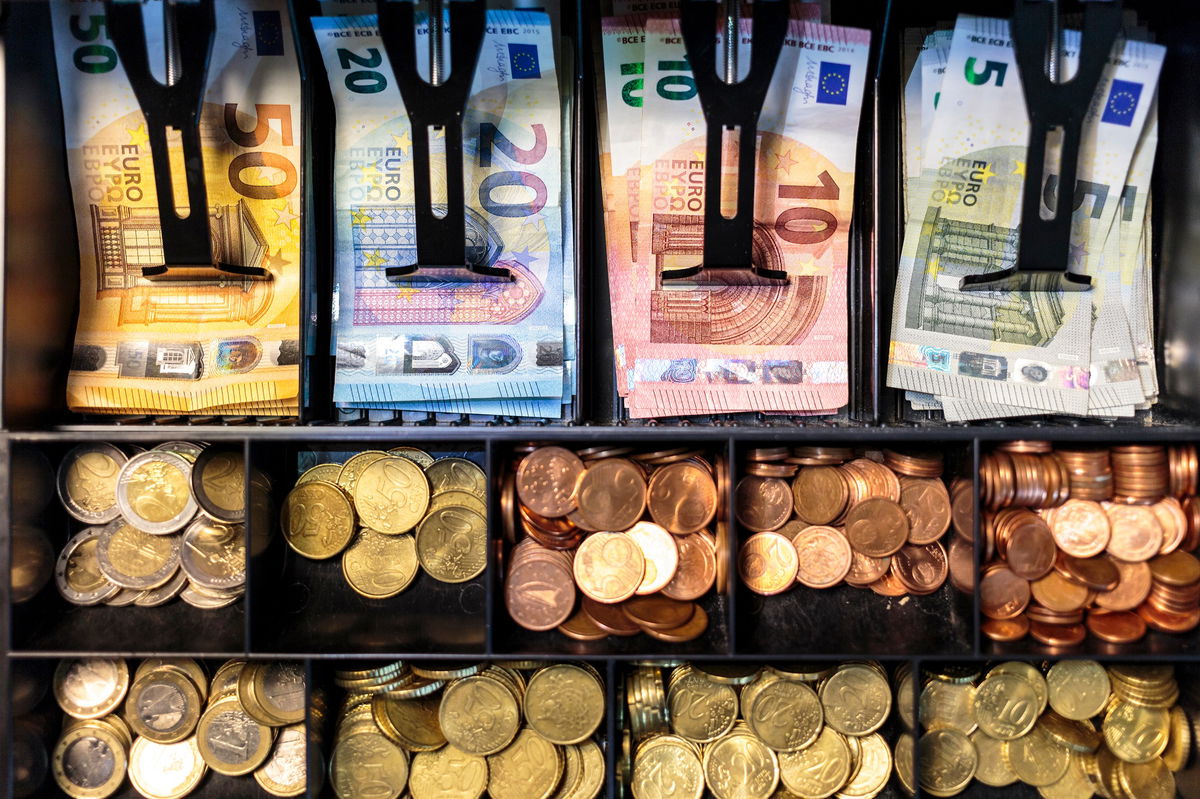By Olivier Acuña Barba •
Published: 05 Jul 2025 • 21:03
• 3 minutes read
It’s illegal to spend more than 1,000 euros in cash at one place in Spain | Credit: D Busquets/Shutterstock
Planning a Spanish getaway and thinking of stuffing your wallet with crisp Euro bills? Hold that thought, because the rules around cash in Spain are far from straightforward in 2025, and not knowing them could cost you more than just a souvenir.
From disappearing 500 euro notes to strict cash-carrying limits and tighter scrutiny on banknotes, holidaymakers are being urged to wise up before heading to the nearest currency exchange. Whether you’re bound for Barcelona, Ibiza, the Canary Islands or tucked away in the hills of Andalusia, cash remains king in many corners—but with conditions.
The 500 euro note, legal but useless
Let’s start with the elephant in the wallet: the notorious 500 euro note. Yes, it’s still technically legal tender, but you shouldn’t use it; nobody accepts it anymore. The European Central Bank stopped printing the purple bill back in 2016 due to its strong association with criminal activity, and retailers have since treated it like radioactive waste. Try paying with one in a Spanish shop, and you’ll likely be met with a shake of the head and a firm “no.”
Most Read on Euro Weekly News
However, if you have one, don’t panic. You must take it to a Spanish bank and ask for smaller denominations. Just don’t expect to be spending it on beachside paella.
Say bye to 50s
Spain’s central bank is also waging war on worn-out 50 euro notes. Starting in July 2025, damaged or aged bills will be removed from circulation as part of a fraud-prevention initiative. And while most cashiers won’t examine your notes with forensic precision, a crumpled or torn 50 euro note could be refused.
If you’ve received banknotes that have seen better days, your best move is to swap them at any branch of the Bank of Spain or participating partner banks.
Bring your ID (such as a passport), and ensure the notes aren’t counterfeit or purposely damaged—those won’t be accepted under any circumstances.
Cash legal thresholds
Despite the rise of digital payments, especially following the pandemic, cash remains a widely used form of payment in Spain. Small family-run businesses, rural markets and even some urban restaurants continue to favour physical currency.
But if you’re planning on bringing more than pocket change, be aware of what’s legally allowed—and what must be declared. If you’re carrying 10,000 euros or more in cash, you must declare it. This includes travel by land, sea, or air. Failure to do so may result in confiscation and fines.
Transporting 100,000 euros or more in cash inside the country must also be declared. That applies even if you’re just driving from Madrid to Valencia.
Filing is free. There’s no tax. However, you’ll need to submit a form known as Form S1, which is available from the Spanish Tax Agency (AEAT), the Treasury, or the SEPBLAC (Spain’s money laundering watchdog). The form can be completed online or at local financial offices, or customs points.
Cash isn’t always welcome
Even if you legally carry thousands of euros, you can’t use them freely. In shops, restaurants or any commercial setting, you cannot pay more than 1,000 euros in cash for a single transaction. If you’re a non-resident, the limit bumps up to 10,000 euros—but you’ll likely be asked to show ID to prove your status.
Use your card. Booking a luxury villa for the week is best done via a bank transfer. Spain’s Treasury has made it clear: they want big purchases to leave a digital trail.
Disappearing copper coins
While you’re at it, check your stash of 1- and 2-cent euro coins. Spain hasn’t banned them—yet—but they’re rapidly losing favour across the Eurozone. Countries like Belgium, Ireland, and Italy have already phased them out, rounding cash transactions to the nearest 5 cents.
It’s only a matter of time before Spain follows suit. So, unless you’re nostalgic or planning a coin museum, now might be the perfect moment to spend those copper bits on a scoop of turrón ice cream.
Bottom line
Whether you’re sunbathing in Marbella or bar-hopping through Madrid, cash still has a role to play in Spain. But it’s no longer the wild west. What you carry, how you spend it, and what’s folded in your wallet are all under tighter scrutiny.
Stick to small denominations, ditch the 500 euro bills, check your 50 notes for wear and tear, and keep your cash transactions under 1,000 euros. Spain loves cash—but only if it plays by the rules.
